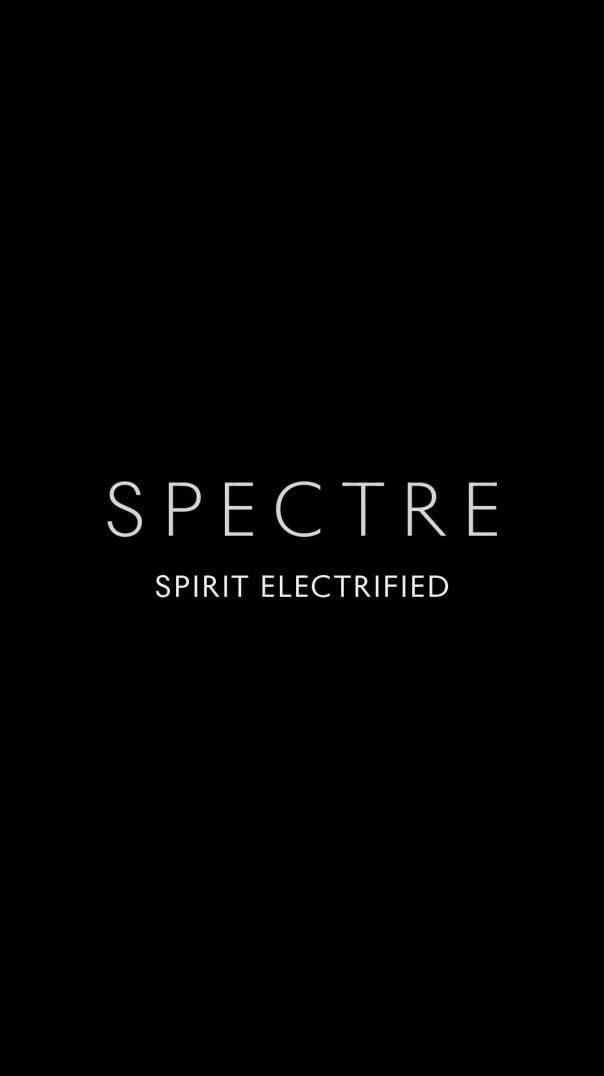8 Views· 12 November 2022
Master AT, ON, IN with the TRIANGLE method
No more confusion! Learn my simple trick to using "at", "on" and "in" for better English and higher grades. Master these common prepositons of time to speak and write more fluently. After watching, go get my free resource on the rules, expressions, and exceptions when using "at", "on" and "in" in English at https://www.engvid.com/english....-resource/50-express . You can also take the quiz at https://www.engvid.com/at-on-in-triangle-method/
Watch the next lesson in the series, Using the Triangle Method with prepositions of place: https://youtu.be/tIuUgJMjrQ0
TRANSCRIPT
Hi. I'm Rebecca from engVid. By the end of this lesson you will learn how to use three of the most confusing prepositions in English, and they are: "at", "on", and "in", as applied to time. Now, if you think you're alone in having problems with these little words, you are not alone. Many students have difficulty with these words because they're different in their native languages and probably in yours. Right? So, what do you do? Well, keep watching because I have found a solution which has helped many of my students, and I think it will help you, and that is by using a pyramid or a triangle-okay?-to learn these three important words. Let's see how it works.
So, like the triangle: "at" is used in very specific situations, very narrow situations. For example: "At 5:00", "At 12:30", "At midnight", right? It's very exact. It's very narrow. "On", like the triangle, is a little bit broader and it's used for one day or one date. For example: "On Monday", or "On January 25th", "On New Year's Day". Right? Got it? Are you with me? Good. Let's continue. Now, "in" is the widest of the lot, as you can see, like in the triangle; "at", "on", "in". So, "in" covers things like months, seasons, years, decades, centuries, and any kind of long period. For example, we say in English: "In July", "In summer" or "In the summer", "In 2005", "In the 1960s", "In the 1800s", which was a long time ago, or: "In the past". We can also say: "In the future", okay? Because it's also a long period of time. Did you get that? So: "at" for very narrow situations; "on" for little bit wider, one day or one date-right?-and "in" for the widest situations of all, more than one day or one date. Now, let's do a little practice to see how well you've understood this.
Okay, now let's fill in the blanks with our three words: "at", "on", and "in". But before we fill them in here, let's fill them in on our triangle. So, do you remember: What goes at the top, what's very narrow and covers a very specific time? "At", very good. What's a little bit more than that, covering one day or one date? "On", very good. And what's the widest of the lot, covering months, and seasons, and years, and decades, and centuries? "In", okay? You've got it. Now let's apply what we've learned, because otherwise there's no point, so let's do it.
So:
"_______ 6:00."
What do we say? Do you remember? "At 6:00." Excellent.
"_______ Sunday."
One day, right? "On Sunday." Very good.
"_______ winter."
What do we say? It's a long period of time, especially in Canada where I live, okay? So: "In winter." We can also say: "In the winter." Same thing.
And:
"_______ Independence Day."
It's one day, so we need to say: "On Independence Day." Okay? Very Good.
Now let's continue to some sentences, because that's how you actually use the language. Number five:
"See you _______ noon."
"See you..." Now, what's "noon"? "Noon" means 12 o'clock in the afternoon, it's a precise, exact time, so we say: "See you at noon." Very good.
Number six:
"I'll call you _______ Friday."
"I'll call you on Friday." Very good, because it was one day.
Next one:
"We have a meeting _______ 4:30."
"We have a meeting", specific time, which one? "...at 4:30". Very good.
And the last one:
"They're getting married _______ March 9th."
It's one day, okay? One date. So, it is this one: "They're getting married on March 9th." Okay?
So, you can see that the triangle can help you to remember which preposition to use when. Now, here's some more things you can do to help you remember this really, really well. First of all, go to our website at www.engvid.com, and there you'll find a resource which I've written which explains all of this, and also you can print it out, you can download it for free. Everything is for free; no cost. Okay? And there you'll find exercises and explanations of this, and also an explanation of some exceptions and expressions that we use with "at", "on", and "in". There are about more than 50 of them. Okay? So you'll find the explanation of the triangle, plus more. Second, while you're at the website, www.engvid.com, you'll find hundreds of other lessons which can help you with your English. Okay? Lots and lots of lessons at different levels; beginner, intermediate, advanced, business English, pronunciation, grammar, IELTS, TOEFL, you name it. Okay? It's all available and it's all for free.
























![JYP's Checking ITZY's Dalla Dalla Choreography [Master in the House Ep 61]](https://i.ytimg.com/vi/wtTz_yDkj84/maxresdefault.jpg)


0 Comments